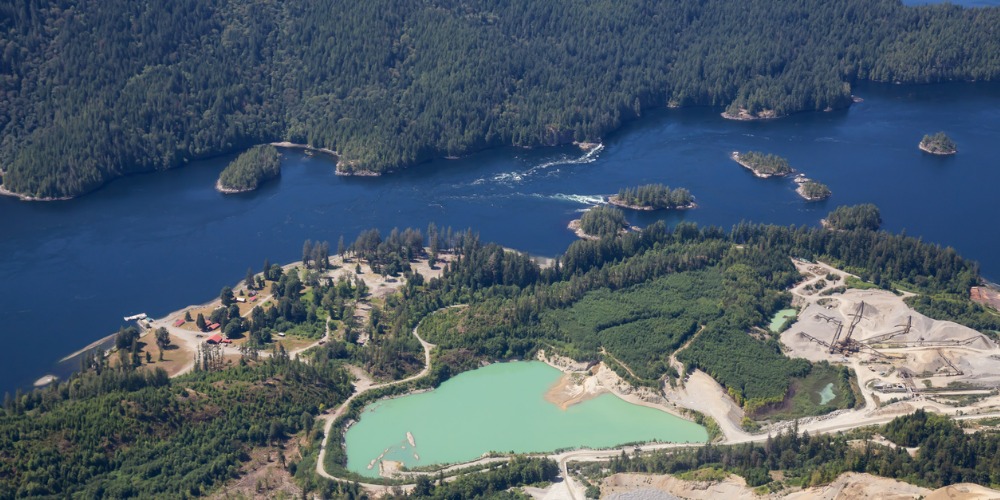Framework developed in partnership with 79 Indigenous communities and organizations across Canada

The federal government recently announced the release of a new framework to guide the inclusion of “Indigenous knowledge” in impact assessments for mining projects.
The “Indigenous Knowledge Policy Framework for Project Reviews and Regulatory Decisions” is designed to inform the respectful, consistent, and meaningful inclusion and protection of “Indigenous knowledge” in project reviews and regulatory decisions under the Impact Assessment Act, the Canadian Navigable Waters Act, the Canadian Energy Regulator Act, and the fish and fish habitat protection provisions of the Fisheries Act. The government developed the framework in partnership with 79 Indigenous communities and organizations across Canada.
The framework defines “Indigenous knowledge” as a set of complex knowledge systems based on the worldviews of Indigenous peoples. It reflects Indigenous peoples’ unique cultures, languages, governance systems, and histories from a particular location. First Nations, Inuit, and Métis have distinct ways of describing their knowledge.
Moreover, the framework outlines five principles that will guide officials of the Impact Assessment Agency of Canada, the Canada Energy Regulator, the Fisheries and Oceans Canada, and Transport Canada in implementing the “Indigenous knowledge” provisions under the four laws. These are:
- Respect Indigenous peoples and their knowledge;
- Establish and maintain collaborative relationships with Indigenous peoples;
- Meaningfully consider “Indigenous knowledge”;
- Respect the confidentiality of “Indigenous knowledge”;
- Support capacity building related to “Indigenous knowledge.”
“Recognizing the importance of Indigenous knowledge systems and providing for its respectful inclusion in assessments of major projects like dams, mines, and liquefied natural gas facilities is one more step in the government’s efforts to strengthen partnership with Indigenous peoples,” the IAAC said. “It is a concrete example of how the Impact Assessment Agency of Canada is implementing the objectives of the United Nations Declaration on the Rights of Indigenous Peoples.”
The IAAC confirmed that the framework is the first step in developing guidance specific to “Indigenous knowledge” in impact assessment, including best practices for reviewing “Indigenous knowledge” in project submissions and establishing confidentiality procedures.










